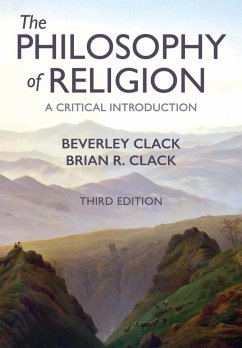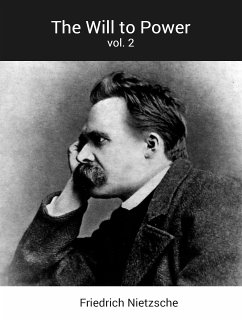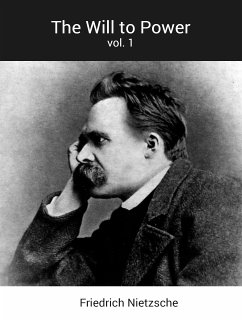
The Virtue Ethics of Hume and Nietzsche (eBook, ePUB)
Versandkostenfrei!
Sofort per Download lieferbar
68,99 €
inkl. MwSt.
Weitere Ausgaben:

PAYBACK Punkte
0 °P sammeln!
This ground-breaking and lucid contribution to the vibrant field of virtue ethics focuses on the influential work of Hume and Nietzsche, providing fresh perspectives on their philosophies and a compelling account of their impact on the development of virtue ethics. * A ground-breaking text that moves the field of virtue ethics beyond ancient moral theorists and examines the highly influential ethical work of Hume and Nietzsche from a virtue ethics perspective * Contributes both to virtue ethics and a refreshed understanding of Hume's and Nietzsche's ethics * Skilfully bridges the gap between c...
This ground-breaking and lucid contribution to the vibrant field of virtue ethics focuses on the influential work of Hume and Nietzsche, providing fresh perspectives on their philosophies and a compelling account of their impact on the development of virtue ethics. * A ground-breaking text that moves the field of virtue ethics beyond ancient moral theorists and examines the highly influential ethical work of Hume and Nietzsche from a virtue ethics perspective * Contributes both to virtue ethics and a refreshed understanding of Hume's and Nietzsche's ethics * Skilfully bridges the gap between continental and analytical philosophy * Lucidly written and clearly organized, allowing students to focus on either Hume or Nietzsche * Written by one of the most important figures contributing to virtue ethics today
Dieser Download kann aus rechtlichen Gründen nur mit Rechnungsadresse in D ausgeliefert werden.













